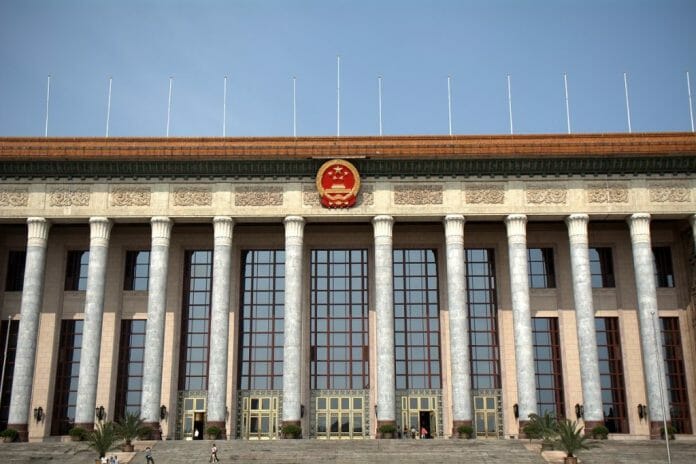Chinese civil servants and employees of state-linked enterprises are facing tighter constraints on private travel abroad and scrutiny of their foreign connections, according to official notices and more than a dozen people familiar with the matter, as Beijing wages a campaign against foreign influence.
Ten current and former employees told Reuters the curbs had been widened since 2021 to include bans on overseas travel, tighter limits on trip frequency and duration, onerous approval processes, and pre-departure confidentiality training. They said the measures were unrelated to COVID-19.
The individuals’ accounts varied but were consistent in describing heightened scrutiny of overseas travel even after China reopened its borders in January. The people, who worked across the country as civil servants, in state-owned enterprises or the public sector more broadly, spoke on the condition of anonymity because of the issue’s sensitivity.
Reuters also found eight public announcements over the past two years by eight government entities, including the national pension fund, that indicated they were strengthening rules around workers’ personal trips outside China, without detailing all the changes.
Other individual accounts and documentation reviewed by Reuters show a parallel effort by central and local Chinese authorities to map government and state-linked workers’ personal and family ties to other countries. Reuters is reporting these measures and the scope of some post-COVID travel curbs for the first time.
The actions reflect President Xi Jinping’s focus on national security amid fraught relations with the West, two experts told Reuters. China in recent months has encouraged citizens to participate in anti-espionage activity and introduced new laws that broadened the definition of spying.
“Beijing is increasingly paranoid about the threat of espionage by Western countries, and preventing government employees from going abroad could be a way to reduce opportunities for spying by foreign powers,” said Neil Thomas, a fellow of Chinese politics at the Asia Society Policy Institute’s Center for China Analysis in Washington.
Reuters









